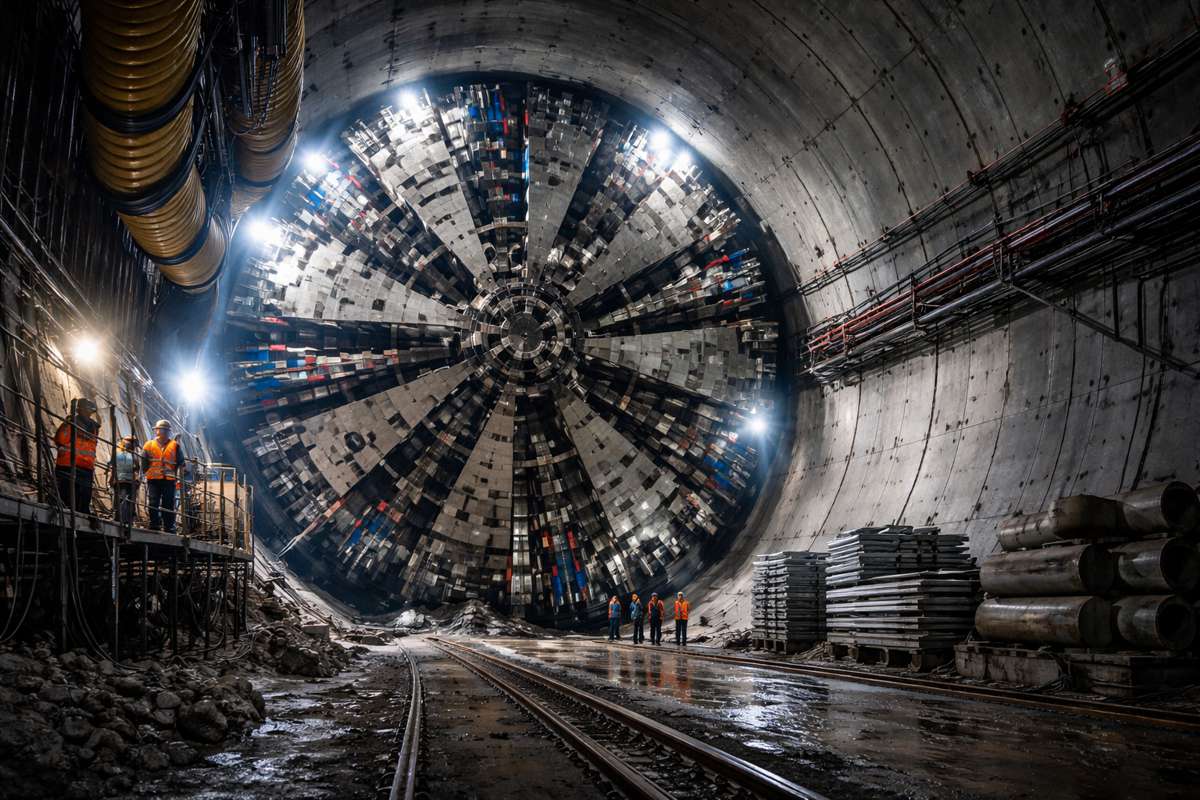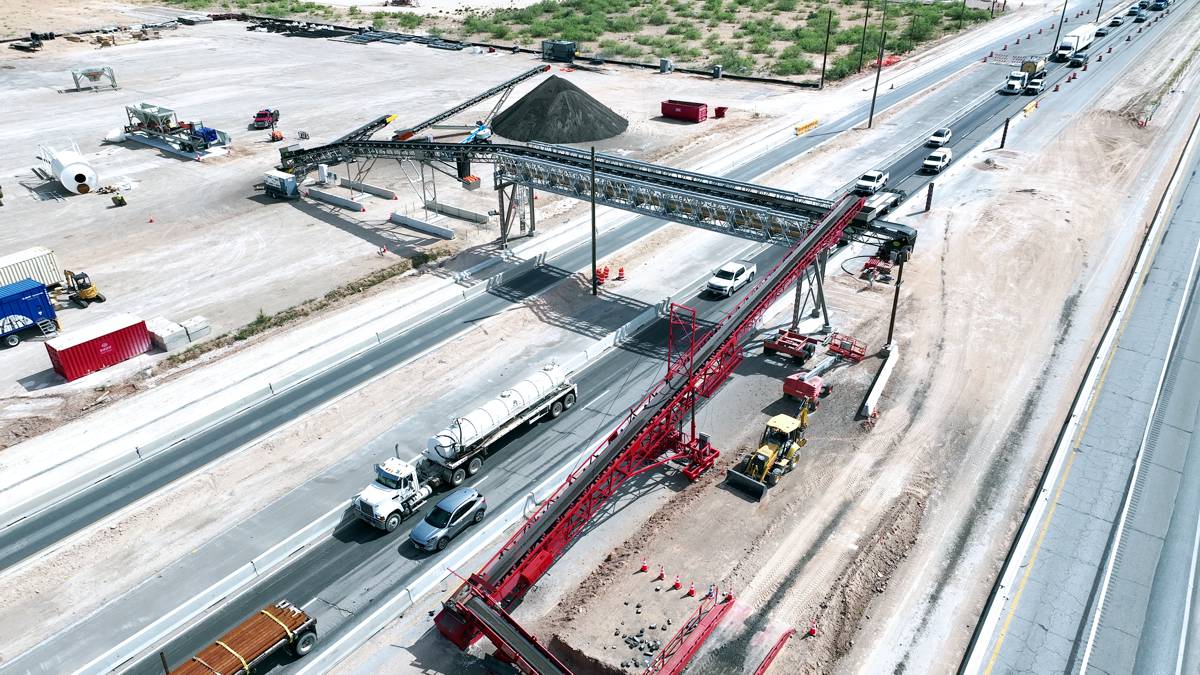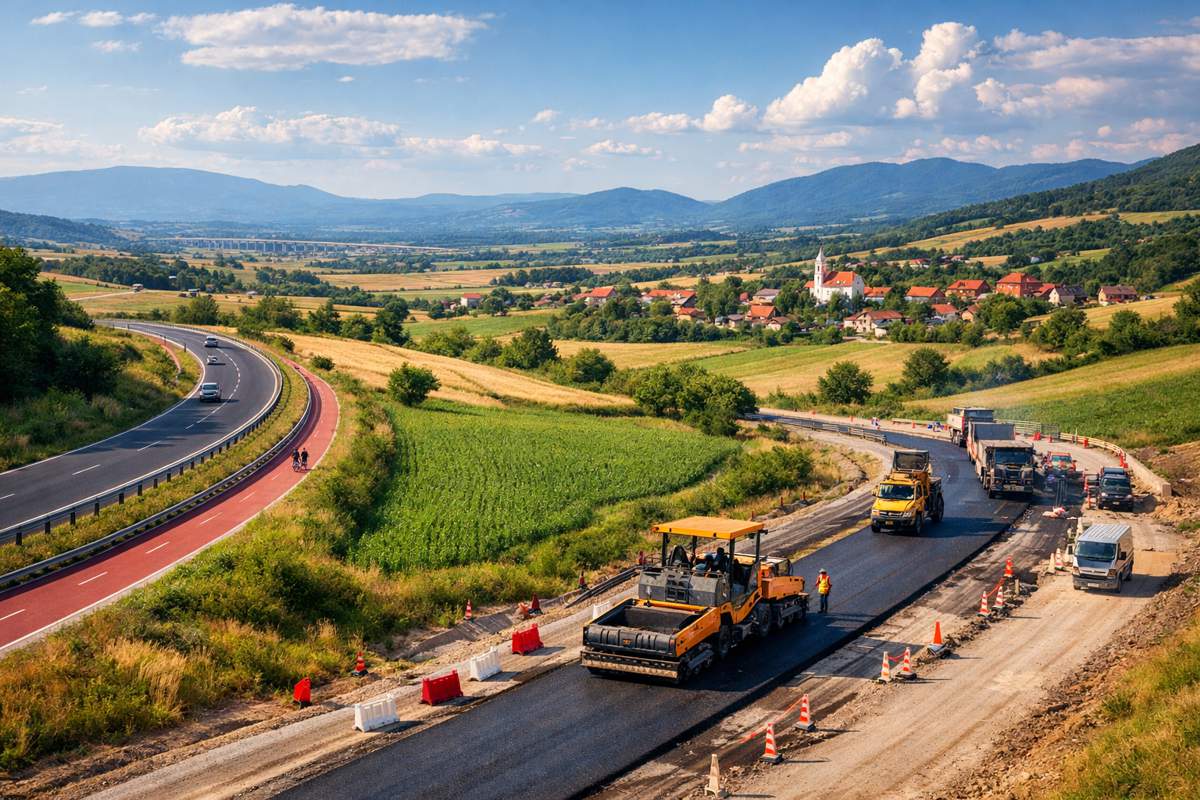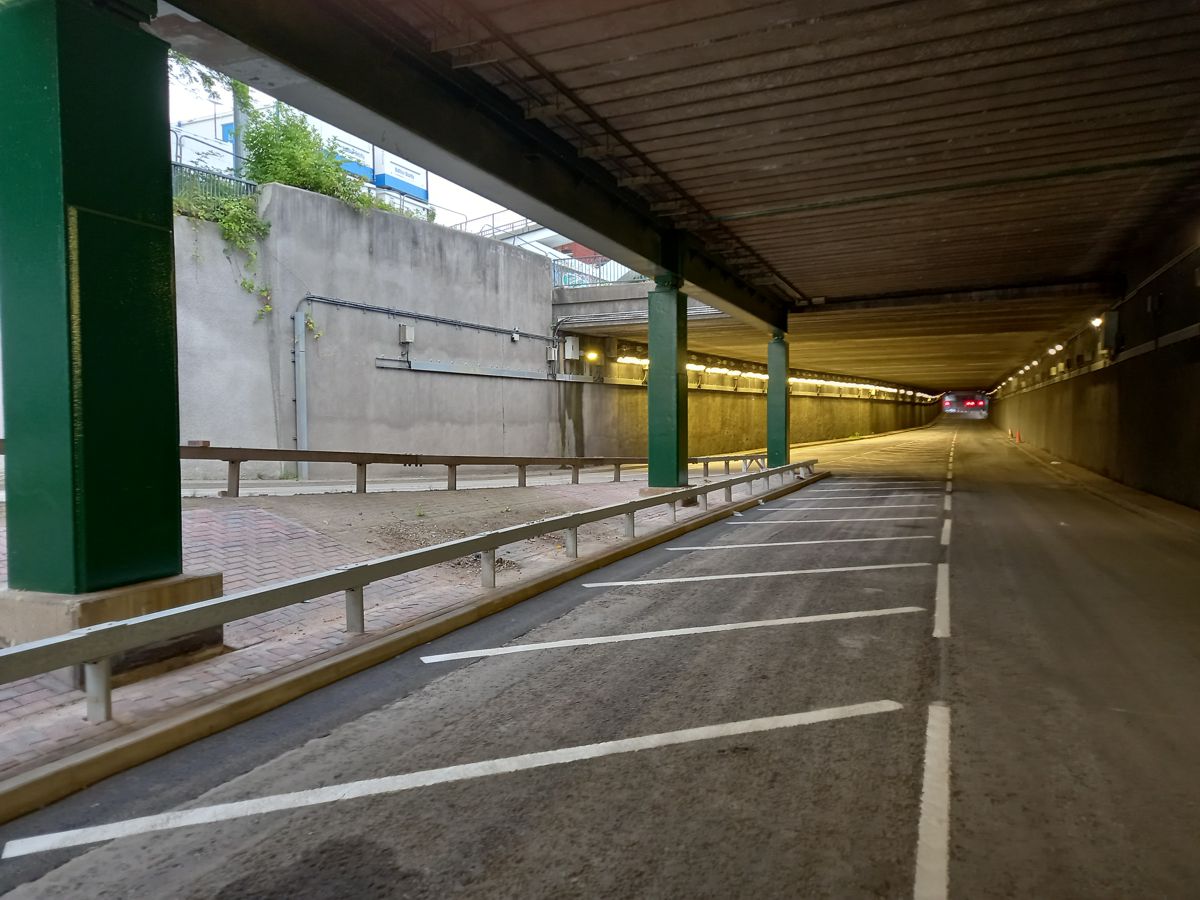For remote rural communities in mountainous Bhutan, survival hinges upon access to roads and markets.
Since 2003, the Royal Government has built over 1,500 kilometres of farm roads and narrower, lower-cost “power tiller tracks” to help communities, which subsist mostly on agriculture, connect to the larger population, and improve their incomes and standards of living.
For farmers in the Pokri Dangra village in Samste Dzongkhag, a new track has brought more benefits than expected and significantly improved access to markets and services, and reduced the cost of trading goods with other local communities.
Buyers can now come to the village to buy cardamom, and villagers can take their produce to surrounding areas like Tala, Pemaling and Zhemgang. This has brought additional income to these households, which in turn has resulted in the construction of improved toilets, as bringing construction materials was previously unaffordable because of transportation costs.
“Earlier, people used to carry loads from the nearest Indian border market which took about 10 hours. We can now save time on travel and have time for our agricultural work,” says one of the farmers. “The main benefit for us is the transportation of cardamom which is the main cash crop here. Without a road, transporting 40 kg Cardamom cost Nu.500* ($7.40). We now pay only Nu.2 ($0.03) per kg. At the same time, bringing food and other essential items has become a lot easier,” he adds. *(1 Bhutanese Ngultrum equals to approximately 0.015 US Dollar.
The track was made possible through the Remote Rural Communities Development Project (RRCDP), a joint effort of the Royal Government of Bhutan with financial support from the World Bank Group. RRCDP aims to improve the livelihoods of the poorest people living in Bhutan’s remote rural areas, who lack the roads, irrigation, technology, and infrastructure necessary to integrate in the country’s economy. The project includes a Community Driven Development (CDD) component, which encourages community involvement and the direct control of local groups over resources. This has led to the efficient delivery of basic services that will contribute to reducing poverty, particularly among the poorest communities.
The Pokri Dangra village opted for a power tiller track from Sernyagang (KholaKharka) to Tsholingkhar (Pokhari Dara) – a 2.4 km access road in Namgyelchoeling Geog, Samtse Dzongkhag. The community hired an excavator with the allocated budget and provided his or her own labour as in-kind contribution. The community also used their own vehicles for transportation of fuel for the machine.
The track was completed in only 23 days, and now benefits 40 households during the summer season.





























